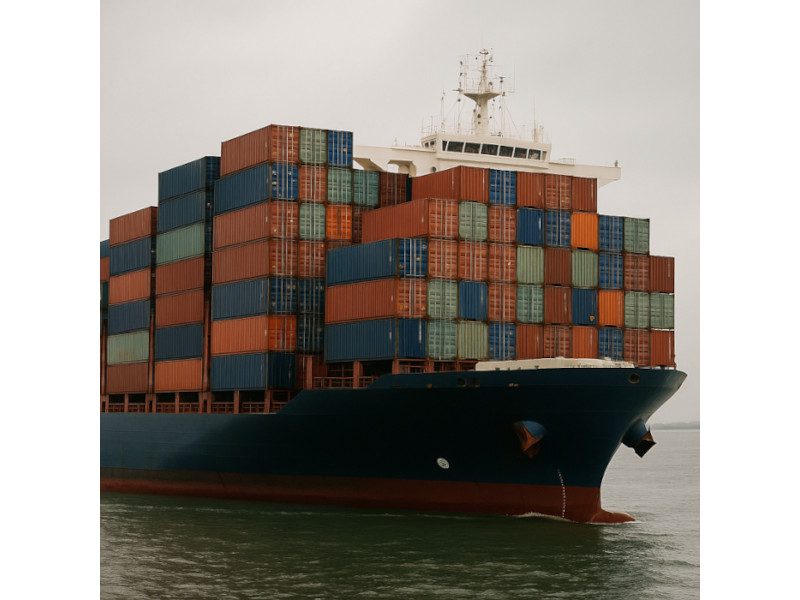Trade agreements have long been seen as a means to alleviate the financial and logistical burdens created by tariffs. While lowering or eliminating certain duties can provide temporary relief and facilitate access to new markets, they fall short of delivering long-term certainty and stability or addressing the deeper structural issues businesses face in a volatile global economy, says GlobalData, a leading data and analytics company.
This point was brought into focus recently by Andrew Bailey, Governor of the Bank of England, who warned that ongoing geopolitical tensions, including tariffs and conflict in the Middle East—are clouding the UK’s economic outlook. Speaking to the House of Lords Economic Affairs Committee, Bailey noted, about global tariff policy, that “…it is very unpredictable where this is all going to end up…”.
His comments came as the US administration’s 90-day window for renegotiating trade terms approaches. So far, only a single agreement between the US and the UK has been reached, which came into effect at 5.01am, Monday 30th June and includes auto tariffs at 10%, and steel and aluminum rates of 25%.
Prerana Manral, Senior Consumer Insights Analyst at GlobalData, comments: “Despite diplomatic progress, many businesses continue to experience significant uncertainty, cost pressures, and operational challenges tied directly to tariffs.”
A recent macro poll conducted by GlobalData, asked respondents to highlight the main challenges faced by their company as a result of the current tariff environment. The poll highlighted the breadth of these challenges, confirming that the effects of tariffs reach far beyond just pricing, by influencing other key commercial areas such as planning, input costs, regulatory complexity, and overall demand.
Never miss a story… Follow us on:
International Trade Magazine
@itm_magazine
@intrademagazine
Media Contact
Editor, International Trade Magazine
Tel: +44 (0) 1622 823 920
Email: editor@intrademagazine.com







